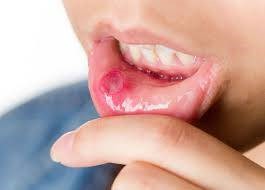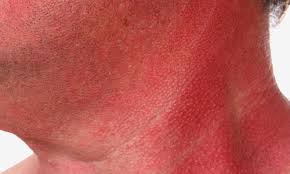Revolutionising the Treatment of Oral Mucositis and Radiation Dermatitis
- OIS
- Mar 28, 2022
- 2 min read
Updated: May 1, 2023
Oral Mucositis
The oral mucosa is one of the most sensitive parts of the body and is particularly vulnerable to chemotherapy and radiation therapy.
Oral Mucositis (OM) is the most common and debilitating complication of cancer treatments, particularly chemotherapy and radiation therapy. It can lead to several problems, including pain, nutritional issues due to the inability to eat and increased risk of infection due to open sores. OM has a significant effect on the patient's quality of life and can be dose-limiting, leading to sub-optimal outcomes.
Most oral cancer patients receiving radiotherapy and chemotherapy will experience mucositis to at least some degree. Symptoms can range from mild to severe, such as hypovolemia, electrolyte abnormalities, malnutrition, pain, inflammation and ulceration.
Maintaining adequate nutrition is a fundamental challenge for oral cancer patients. Furthermore, nausea and vomiting that often occur with treatment can further complicate mucositis, and chemotherapy and radiotherapy often slow the healing of the oral mucosa. Reduction of caloric intake can lead to weight loss, reduced muscle mass strength, decreased immunity, and longer healing times, amongst other complications.
Oral mucositis generally begins during radiotherapy, and 5-10 days following chemotherapy, lasting anywhere from one week to six weeks or more.
Radiation Dermatitis
Radiation dermatitis generally manifests within a few days to weeks after the start of radiotherapy. It varies on the radiation dose intensity and normal tissue sensitivity of individuals. It is contained in areas that have been irradiated, and the skin changes are sharply demarcated. It can be acute or chronic. Patients may have skin changes ranging from faint erythema (reddening) and desquamation to skin ulceration and necrosis.
Chronic symptoms can be debilitating and may include:
Sustained loss of skin structure
Thinning or atrophy of the epidermis and dermis
Fibrosis
Telangiectasia (prominent blood vessels)
Hyperpigmentation or hypopigmentation
Radiation dermatitis can cause a decreased quality of life with patients suffering from pain, recurrent wounds, decreased range of motion, and cosmetic dissatisfaction.
CareMin650 Device and Photobiomodulation Therapy
Several scientific studies have proved the effectiveness of photobiomodulation therapy (PBM therapy), formally known as low-level laser therapy. The Multinational Association for Supportive Care in Cancer and NICE recommend PBM treatment to prevent oral mucositis.
Applied during the course of treatment, PBM therapy treatments take up to 10 minutes, and it has been found to reduce the severity of side effects and promote cytoprotection and healing.
The CareMin650 device is a groundbreaking phototherapy system to revolutionise the treatment of oral mucositis and radiation dermatitis. This breakthrough device dramatically simplifies the delivery of photobiomodulation therapy, which is comfortably applied through the patented luminous fabric.

Designed to ease the implementation and accessibility of treatment, CareMin650™ provides a cost-effective and patient-friendly solution easily integrated into therapeutic practice.
If CareMin650 sounds like something that will benefit patient treatment journeys within your facility, you can find out more about the device on our website. Or get in contact today to discuss the options we have available.
Learn more:





Comments